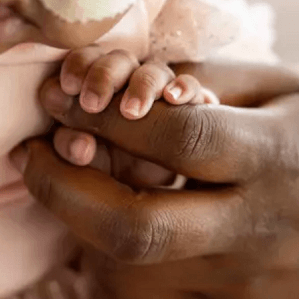In San Francisco, Black babies are now nearly three times more likely to be born prematurely than white babies—a disparity that has reached its highest level since the state began tracking the data in 2007. While the city’s overall preterm birth rate is below the state average, the rate for Black infants has surged to 16%, compared to just 6% for white infants.
This widening gap is not just statistical—it’s deeply personal. Teaja Watts gave birth to her daughter Kaori at just 25 weeks. “I just didn’t know if she was going to live or not,” she said. Kaori has spent over six months in the neonatal intensive care unit.
Despite the crisis, San Francisco has failed to fully invest in maternal health programs designed to address these disparities. The city’s Black Infant Health Initiative has been chronically understaffed and has returned millions in unused state funds. From 2021 to 2024, the city underspent its maternal equity budget by $7.3 million.
Programs like the Abundant Birth Project, which provided direct financial support to Black and Pacific Islander parents, showed promise. “It gave me the ability to provide for my kids,” said participant Sabrina Hall. But the project was halted amid legal challenges claiming racial discrimination.
“We need to listen to this data,” said pediatrician Zea Malawa. “It’s screaming at us to do something.”
See: “Black babies in SF are at greater risk of early birth than ever” (August 4, 2025)



